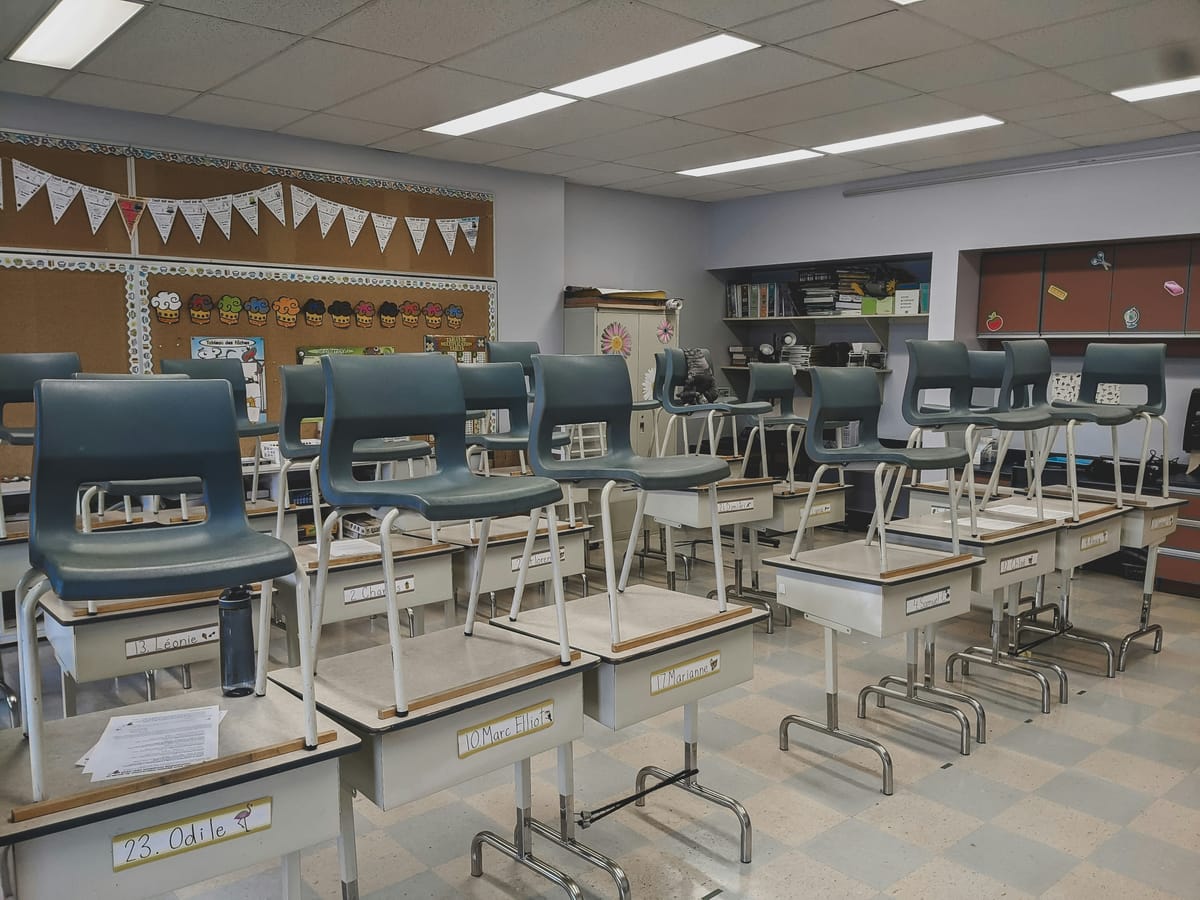New Hampshire Pushes to Revive 'Divisive Concepts' Law

BOSTON — Lawyers for the state of New Hampshire asked a federal appeals court Tuesday to reinstate a 2021 law that bans public school teachers and state employees from endorsing certain ideas about race and gender.
The law, part of the 2021 budget bill and often referred to by critics as the “divisive concepts” law, was struck down last year by U.S. District Court Judge Paul Barbadoro. He ruled the law was vague and unconstitutionally limited free speech protections for educators.
Now, the state is appealing that decision to the First Circuit Court of Appeals in Boston.
State Argues Law Provides Clear Guidance
Mary Triick, representing the New Hampshire Attorney General’s Office, told the court the lower ruling was incorrect. She argued the law gives teachers clear limits and falls within the government’s authority to shape public education.
“The reason teachers don’t have First Amendment protections in their curricular speech is because it doesn’t offend the First Amendment when the state says, ‘we have these public schools and we are going to control what our students are taught,’” Triick said.
She also criticized the lawsuit for being a “pre-enforcement facial vagueness challenge,” noting that the law has never been applied to any individual. The plaintiffs who filed the lawsuit have been unable to identify a single case in which the new law had been unfairly applied to teachers or other public employees.
“Nobody has had this statute enforced against them,” Triick said. “Nobody’s due process rights have been violated."
Law’s Restrictions and Consequences
The law bars teachers and public employees from promoting four specific ideas. These include beliefs that one group is inherently superior or inferior to another, or that people of one class are inherently oppressive of people of another class.
Teachers found in violation may face disciplinary action by the State Board of Education, including possible suspension of their licenses.
The measure was modeled on a 2020 executive order signed by then-President Donald Trump and was introduced amid Republican concerns over “critical race theory” in public schools.
Plaintiffs Say Law Is Vague and Chilling
Attorneys for the plaintiffs — including teachers unions and civil liberties groups — argued the law is unworkable and will discourage classroom discussion.
Charles Moerdler, a lawyer for the plaintiffs, cited interviews with state officials who could not explain how the law should be applied. “They don’t know, and they are enforcing it on a basis they don’t know,” he said.
Gilles Bissonnette of the ACLU of New Hampshire warned the law’s wording makes it unclear whether common classroom activities — such as assigning controversial topics or encouraging debate — could lead to punishment.
Judges Press Both Sides for Clarity
Judges on the appeals panel asked pointed questions. They challenged the state to explain how teachers can determine whether they’re speaking as private citizens or state employees. At the same time, they asked the plaintiffs whether a law can be struck down before it’s ever been enforced.
One judge noted the “inherent chill” that vague laws can cause in classrooms, even before enforcement.
Legislative Changes Underway
While the case plays out in court, New Hampshire lawmakers are trying to revise the law. House Bill 50, passed by the House in March, would clarify that teachers can only be disciplined if they “intentionally or knowingly” break the law.
The appeals court has not yet indicated when it will issue a ruling.
